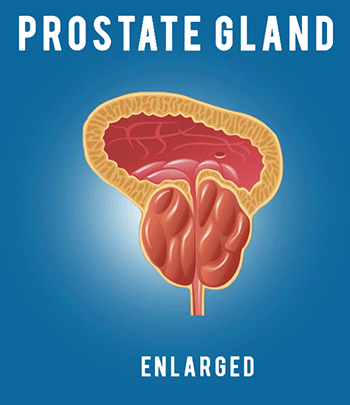Prostate Cancer | Bill’s Story
Here is my prostate cancer story. I started swimming as a kid, scholarship athlete. Last summer, I completed the triple crown of open water swims. I’m Bill Shipp, I’m a resident of Mitchellville, Maryland, and I’m a lawyer.
When I was 50, I went for my annual check-up and my PSA was elevated. We rechecked it and they came in under 4.0 and I thought, well I’m good. [LAUGH] I’m all set, even though I was under the standard kinda cut off. He said, let’s send you to a specialist so I went to my local neurologist and we decided to do biopsy and that’s what confirmed the diagnosis.
Mr Shipp came to Johns Hopkins seeking a second opinion regarding management of his prostate cancer. There are many treatment options for prostate cancer and he came due to our expertise in the disease. We ultimately recommended robotic prostatectomy as a definitive means to deal with the prostate cancer.
Robotic prostatectomy is a minimally invasive approach to remove the prostate. So, we remove the prostates through small incisions. At Johns Hopkins, we’re a high volume center for robotic prostatectomy and we really have an extensive experience with it and it’s one of the most common and routine procedures that we do here. You know it’s all kind of surreal because it’s cancer, you know. You’re like, wow, but it’s also reassuring that it’s something that they handle all the time.
They check you in, talk to the anesthesiologist. The nurse got me all set up with the IV and all that stuff. And eventually that wheel you in into the operating room. They talk to you a little bit and you don’t remember anything, and you wake up and it’s all over. [LAUGH] That’s pretty much the way it goes.
While the recovery from radical prostatectomy can vary from patient to patient, there are two phases to the recovery, there’s recovering from the incisions and the anesthesia and having had surgery and also phase two of the recovery, which is recovering from a functional standpoint. And the first phase takes typically just a few weeks to recover from.
The second phase is exactly what we try to optimize here at Hopkins, and a lot of the discoveries and techniques for optimizing the functions started here at Johns Hopkins and it’s something we take pride in, and we try to accelerate that as much as we can.
As soon as I got home, I was up and walking. That you get a little more strength, a little more healing in every day. I was back in the pool in four weeks. Think I’m very, very fortunate. Both because of the surgery technique but also because of the results of the surgery, no follow up radiation chemo was needed and that’s like pretty awesome.
So Mr Shipp today is doing great, he really never skipped a beat in terms of his practice of law. He had no limitations in his life. He’s even a championship swimmer, and it’s incredibly impressive to see him.
I’ve started to collecting the names of friends who were dealing with cancer, and then I would just repeat through the swim, a mantra. I see Donald whole, healthy, and healed.
You just do that with your stroke count over and over and over. It’s quiet and it’s you and the pace of your stroke and your heartbeat and your breathing. I do believe that there’s a little bit of putting positive energy out there is good for everybody.
For all our other posts and articles on prostate health please click the link below:-
https://www.healthcareformen.info


